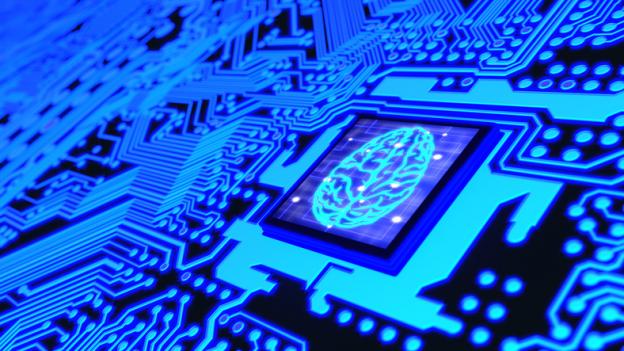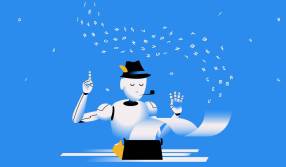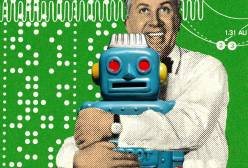Will AI be a bane or boon for education?

The advent of artificial intelligence could increase societal inequalities, or it could provide teachers with the tools to customize instruction for every individual student. The outcome comes down to how our society lays the groundwork for the rapid changes AI promises to deliver.
Those are a few of the conclusions offered Thursday by a panel of experts at a Politico event titled “The Age of AI: The Future of Work, Workers and Education.”
As it currently operates, “education is intended to reproduce social norms,” said Gerry McCartney, CIO of Purdue University. “To the extent that we can open up all [aspects] of education to all citizens through technology, we can move away from this factory model of education … which really only suits” entrenched interests.
“Technology always leverages inequality,” McCartney added. If there’s disequilibrium in the social structure, technological change exacerbates it, he explained. “This separation … now seems to be in our country [as] rural versus urban population, even more than class or race lines.”
Joseph South, chief learning officer at ISTE (International Society for Technology in Education), pointed out that students in school today are likely to have had 10 different jobs by the time they turn 40.
Students are surrounded by technology in their daily lives, South said, so “it has to be not a big deal to have technology in school. We have to change our mindset.”
Manuela Veloso, head of the machine learning department at Carnegie Mellon University, agreed. She observed that AI may prove invaluable at solving problems, but educators should focus on the human insights necessary to see how those technology-driven solutions can be integrated in socially responsible ways.
“Maybe we can see that science, technology, engineering and math can be combined with the love of history, of humanities,” she said.
AI also can be of enormous benefit to teachers by enabling them to create individualized curricula for every single student, Veloso said. “When a teacher looks at what’s available online, AI can help mine … the information on the web to help teachers create education paths,” she said.
McCartney pointed out that AI is still in the very early stages, with the focus on automating existing processes, but it will not stay there.
“Where we live, the nature of work … We’re not equipped to deal with [those questions] as a society right now,” he said. “How do we start to prepare our citizens to answer those questions, and it’s not by regurgitating Victorian models of lockstep education.”




